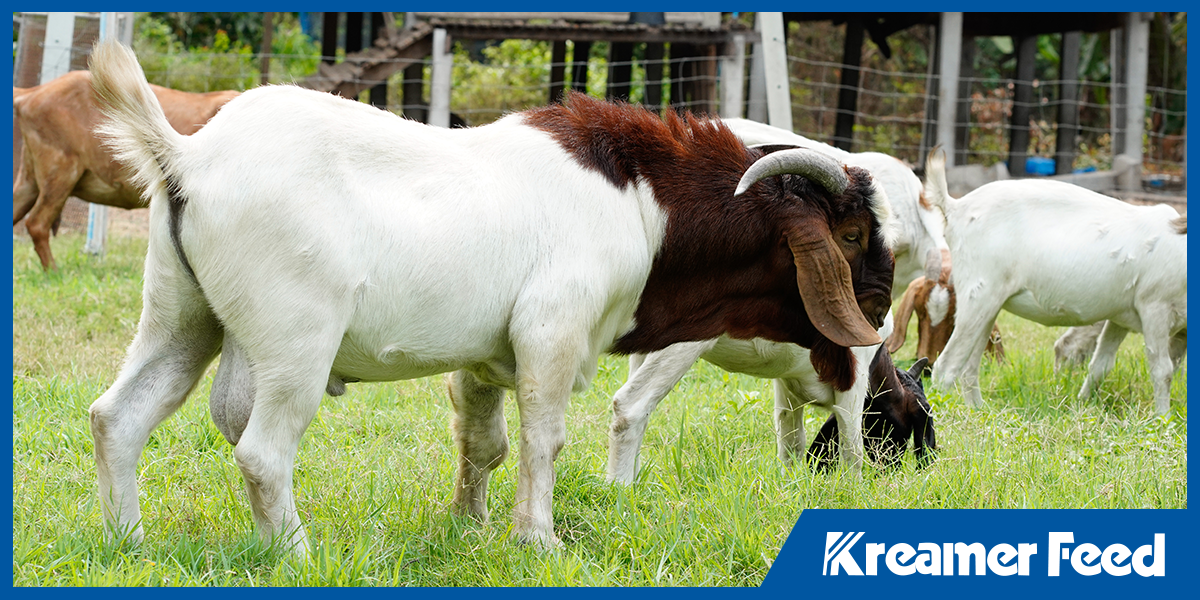When you think about livestock feed, protein and carbohydrates often get most of the attention. But there’s another nutrient that plays a critical role in animal health and productivity: fat. While it’s true that fat provides energy, its benefits extend far beyond that. Understanding the role of fat in livestock diets can help farmers improve growth rates, reproduction, and overall feed efficiency.
At Kreamer Feed, we’ve been formulating balanced, high-quality feeds since 1947. Our decades of experience have taught us that the right amount and type of fat can make a measurable difference in animal performance and profitability.
Fat as a Concentrated Energy Source
Fat is the most concentrated energy source in livestock feed, providing more than twice the energy per pound compared to carbohydrates or protein. This makes it an efficient way to meet the energy needs of animals during demanding periods such as lactation, growth, or cold weather.
For example, in dairy cows, added fat helps maintain body condition while supporting milk production. In poultry and swine, fat-rich diets can enhance growth rates and improve feed conversion. For beef cattle, fat supplementation provides the extra calories needed to sustain weight gain and muscle development, especially when forages or grains are lower in energy.
Beyond Energy: Fat’s Hidden Benefits
The fat benefits in animal nutrition go well beyond energy supply. Fat plays key roles in several biological processes that directly influence performance and health.
1. Improved nutrient absorption
Certain vitamins, such as A, D, E, and K, are fat-soluble, meaning they can only be absorbed efficiently when fat is present in the diet. Without enough dietary fat, animals may not get full benefit from these essential nutrients, which support immune function, reproduction, and bone health.
2. Enhanced reproduction and growth
Fat supports hormone production and reproductive efficiency. In breeding livestock, diets containing adequate fat can improve fertility rates and support fetal development. In young or growing animals, fat for reproduction and growth provides steady energy that promotes healthy weight gain and muscle formation.
3. Feed palatability and consistency
Adding fat to feed can make it more appealing and easier to consume, particularly for animals under stress or during hot weather when appetite may decrease. Fat also reduces dustiness in rations, making feed safer and cleaner to handle.
4. Better feed efficiency
Because fat is so energy-dense, it allows animals to consume less feed while maintaining or improving productivity. This directly contributes to fat affecting feed efficiency, lowering feed costs and improving return on investment.
Choosing the Right Fat Sources
Not all fats are created equal. The type of fat used in livestock feed can influence digestion, nutrient utilization, and even product quality. Common fat sources include vegetable oils, animal tallow, and specialized fat blends designed for specific livestock species.
In ruminants like cattle, too much unsaturated fat can interfere with rumen microbes, reducing fiber digestion. That’s why fat supplementation in cattle must be carefully balanced. On the other hand, poultry and swine can efficiently digest a wider range of fats and benefit from the added calories and improved feed texture.
Working with a trusted feed manufacturer ensures that the fat sources used in your rations are safe, stable, and nutritionally appropriate for your animals’ needs.
Integrating Fat into Your Feeding Program
Adding fat to your feed program should be done strategically. Over-supplementation can lead to digestive challenges, while too little may limit growth or production potential. Start by reviewing your animals’ performance goals and current energy intake. A professional feed consultation can help you determine the right balance for your herd or flock.
At Kreamer Feed, we believe in a science-based approach to nutrition. Every feed we produce is formulated with the right balance of energy, protein, vitamins, minerals, and fat to promote steady growth and animal well-being. Our team works directly with farmers to ensure each feeding program supports both short-term performance and long-term sustainability.
Fuel Growth the Right Way with Kreamer Feed Expertise
The role of fat in livestock diets extends far beyond being just an energy booster. From supporting reproduction to improving feed efficiency, fat is an essential part of modern animal nutrition. The key is understanding how to use it effectively, and that’s where experience matters.
At Kreamer Feed, we combine proven nutrition science with decades of hands-on expertise to help farmers achieve healthier, more productive animals. When it comes to building balanced, efficient feed programs, trust the partner who’s been doing it right since 1947.
`





0 comments